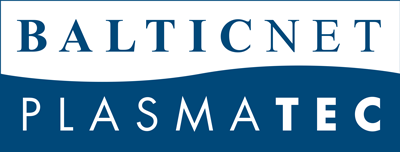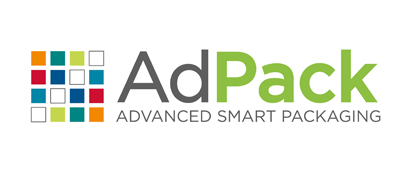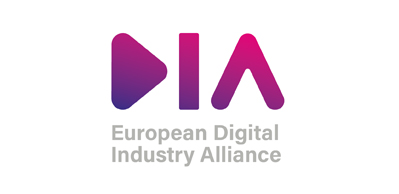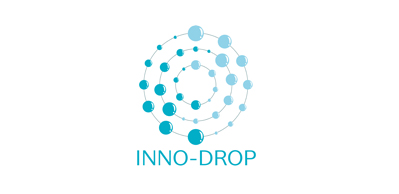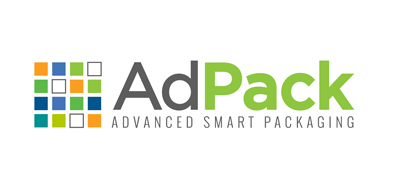
Value-added Innovation in fooD chAins (VIDA) will nurture and harness the growth and innovation potential of SMEs working across European food chains. VIDA will drive Europe’s global competitiveness and economic development by bringing together a food-energy-water nexus in food chains. These three complementary and mutually dependant sectors – food, energy and water utilise and leverage Key Enabling Technologies (KETs) (see below) to encourage transformative change across and beyond these sectors. VIDA will advance resource efficiency measures to strengthen current, and develop new, cross-sectoral industrial value chains in Europe and the rest of the world. The interconnected nature of these targeted sectors is vitally important for European food chains. Specifically, food production and processing crucially depend on energy and water, which provide the necessary inputs, as well as key enabling technologies, to process raw materials into marketable products that are fit for human consumption.
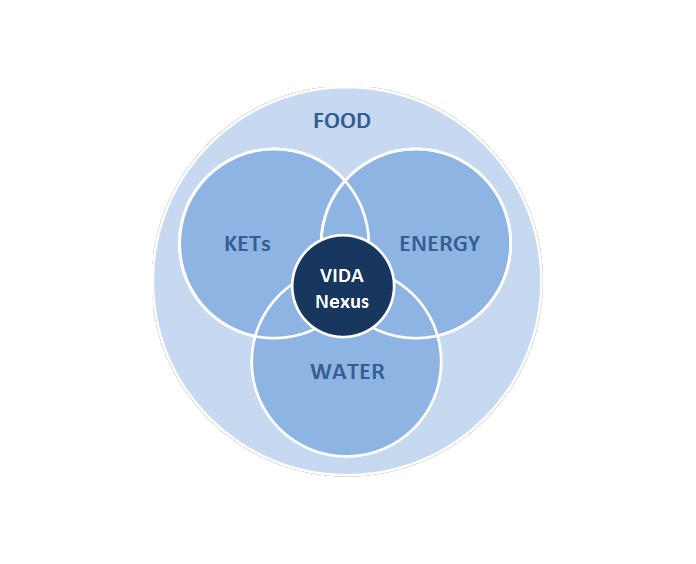
Together, the food, energy, water and KETs sectors support the functioning of modern society and are essential for creating a resource efficient Europe now and in the future, providing Europe and the rest of the world with the necessary fuel it needs to function. However, the vital resources underpinning these sectors are: (1) limited, (2) under pressure and (3) innovation is not taking place at the right level or speed to ensure Europe’s continued growth. VIDA will build on the consortium’s extensive expertise to jointly pioneer new approaches to simultaneously address the complex and cross-sectoral challenges at this emerging resource efficiency ‘Nexus’ at the intersection of these sectors – hereby referred as the VIDA Nexus. These sectors are intrinsically linked, meaning a failure in one sector can induce a cascade of failures or inefficiencies in the dependant sectors. At the same time, innovation arising in one sector can positively benefit other sectors.
VIDA will develop solutions to global challenges and emerging market opportunities specifically within the food production and processing industry through a combination of direct and indirect innovation actions. These will include:
- open-innovation and virtual collaboration tools to encourage and sustain dialogue between different innovation actors working in complementary sectors as well as facilitate idea development,
- mentoring and knowledge-sharing activities to support capacity building and continued growth and innovation of Small and Medium-sized Enterprises (SMEs),
- innovation project funding to launch new industrial value chains which bring together different sectors and focus on high Technology Readiness Levels (TRL),
- large cross-sectoral demonstration projects to directly address current challenges facing European food chains.
Project Partner
Centre of Expertise Water Technology – Coordinator and WP 7 leader
Nanoprogress – WP 1 leader
BalticNet-PlasmaTec – WP 2 leader
ZINNAE – WP 3 leader
Food Processing Initiative – WP 4 leader
Aragon Food Cluster – WP 5 leader
Sociedade Portuguesa de Inovacao – WP 6 leader
Lombardy Energy Cleantech Cluster
VIDA Work Packages (WP)
WP 1 – Addressing challenges and exploiting opportunities
WP 2 – Creating enabling structures for collaboration
WP 3 – Developing innovation capacity
WP 4 – Supporting innovation through collaboration
WP 5 – Evaluation
WP 6 – Communication, dissemination and exploitation
WP 7 – Project management
WP 8 – Ethics requirements
Objectives
Objective 1
Define and map the innovation capacity and needs among end-users, SMEs, innovation actors and experts in the food value chain, with respect to energy, water and KETs.
Objective 2
Tailor and maintain virtual and physical open innovation spaces for end-users, SMEs, innovation actors and experts.
Objective 3
Improve the innovation potential, coordination and cooperation of SMEs, and establish life-long learning opportunities.
Objective 4
Drive the development of (1) large-scale, collaborative innovation projects; and (2) commercialisation projects.
Objective 5
Evaluate and validate the new industrial value chains created within the VIDA Nexus.
Objective 6
Raise awareness of our project activities and results among European stakeholders and define a sustainable long-term strategy for the continuation of consortium activities after the project ends.
